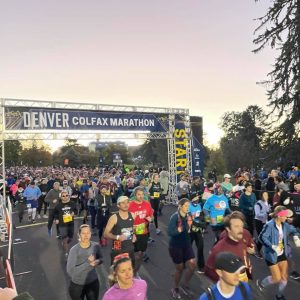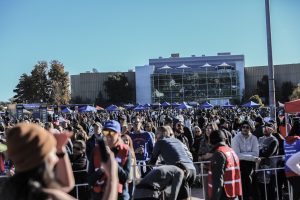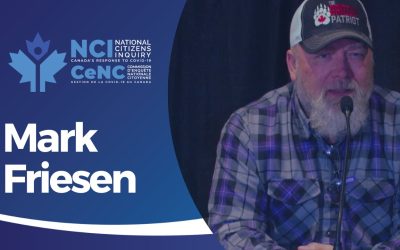Travel and work over the past two years have brought me to many different jurisdictions. What continues to strike me is the way the responses to COVID-19 have been varied, arbitrary and often draconian.
I look back at Canada and see raging debates over mask mandates, vaccine-status segregation, lockdowns and event restrictions, including bans on religious gatherings and even private house gatherings. A friend in Quebec, not in a vulnerable demographic, is losing her job as a recreation therapist for not taking the mRNA vaccine.
My retired farmer father in New Zealand has for the first time in his life become inclined towards activism. He does not wish to participate in a vaccine-passport system set to surveil and severely limit life outside the home. New Zealand remains sealed off and the country’s only major city has been locked down for two months. Its three professional rugby teams have ceased participating in the national provincial championship.
Life need not be this way. People in other jurisdictions have barely adjusted their lifestyles and have long since moved on. When I began a role in Utah early in 2021, the organization’s founder shared there had been no halt to office work, let alone face masks or forced vaccines. As Alberta’s premier was lifting many COVID-19 restrictions in July—which he swiftly reinstated—I was at a sold-out stadium with 4,500 others, watching the Utah Warriors rugby team. Social distancing was not on the agenda, nor were face masks or vaccine requirements.
I ran the Utah Valley Marathon in June and saw no one out of the 1,400 runners with a mask on, despite the race supposedly requiring it for transport to the start. The same was the case for the Denver Marathon. Despite a rule that required face masks prior to being on the course, few if any of the 12,000 runners worried about that, and the race proceeded without drama.


Many state and local elected officials here in the United States have taken the opposite tack relative to those in Canada, New Zealand and states such as California. These officials have worked to protect freedom of choice for individuals and shield businesses from federal mandates. Wyoming Governor Mark Gordon has encouraged voluntary vaccination and said: “Let us not forget the Wyoming way and work to be kind to one another.” The two state-funded institutions of higher education have made vaccinations available but not required for students who are back to in-person classes.
These officials and their jurisdictions offer a counter-example to the notion that the sky is falling and that comprehensive restrictions and vaccine mandates are the only option. Individuals, especially those most at risk of COVID-19 complications, can respond and decide for themselves. If people want to go to an American football game, as tens of thousands do in Fort Collins and nearby Laramie, that is their risk to take.


What makes the civil liberties violations bizarre—where they are in place on account of COVID-19—is that many have majority support. Most constituents there want to be imposed upon and to impose on others, individual rights be damned. The vastly different perceptions of COVID-19, relative to Canada, in the U.S. mountain states, emphasizes the power of media, state officials and social media platforms to shape public opinion.
People getting on with their daily lives are of little interest to media outlets conveying the regime narrative and thriving on fear-mongering. These outlets in Canada—a three-letter acronym among them—know who butters their bread. They have barraged audiences in a unified manner and created a bubble of half-truths. For example, they pounced on the story that a 14-year-old boy died of COVID-19 in Alberta. He actually died of brain cancer, and there were a few low-key retractions, but the perception remained that children were at risk.
Such outlets will ignore any vaccine side effects but gladly declare a shortage of intensive care unit beds. These say more about Canada’s tightly rationed medical care than about COVID-19. Wait times, sometimes lethal, have been growing for decades in Canada.
Followers of alternative media, independent research and free-speech platforms such as Bitchute, Gab and Telegram are immune to the party line. When they open their eyes to independent perspectives, such as those unearthed by Project Veritas, they swiftly encounter all manner of overlooked evidence. An endless line of de-platformed and ignored whistleblowers challenges widely held assumptions such as the “safe and effective” line and the myth that vaccination always prevents virus spread. They also poke holes in the publicly reported data on deaths, cases and hospital capacity.
My hope is that nations and localities that open up will offer an antidote to the madness that so many people are living under, often with little light at the end of the tunnel. In the meantime, Canadians live in an information bubble that has been bought and paid for—what banned Canadian physician Daniel Nagase calls “the greatest propaganda campaign in human history.” If one good thing comes of this era, it will be skepticism of legacy media and censored social media.
Fergus Hodgson is a research associate with the Frontier Centre for Public Policy.
Photo by Aranxa Esteve on Unsplash.



